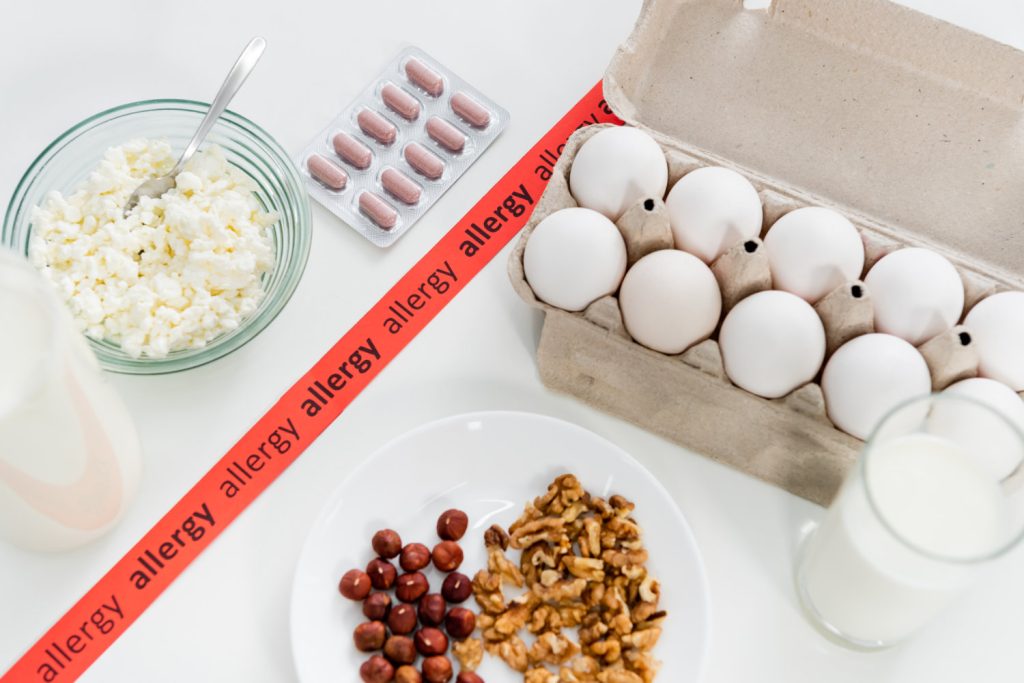The Importance of Colorectal Cancer Screenings
In honor of Colorectal Cancer Awareness month, we’ve dedicated a series of blogs to educate our members about colorectal cancer, preventative screenings, and factors that may put you more at-risk for developing colorectal cancer.
There is strong evidence suggesting that screening for colorectal cancer, beginning at the age of 45, saves many lives of those diagnosed with this disease. 90% of new cases of colorectal cancer occur in those 50 and over.
Fortunately, we live in a time with numerous screening options to detect colorectal cancer in its earliest stages. These options include: stool tests, a Flexible Sigmoidoscopy, Colonoscopy, and CT Colonography.
Stool Tests
Stool tests are typically done using one of three at-home tests: the guaiac-based fecal occult blood test (gFOBT), the fecal immunochemical test (FIT), or the FIT-DNA test.
If you choose to do the gFOBT screening test, the chemical guaiac is used to detect blood in the stool. You will receive a test kit from your health care provider. This screening requires you to use a stick or brush to obtain a small sample of stool. The sample and test kit are returned to your doctor or a lab, where the sample is checked for the presence of blood. This test is done once a year.
The FIT uses antibodies to detect blood in the stool. It’s done in the same way as a gFOBT and only needs to be done once a year.
The FIT-DNA test combines the FIT with a test that detects altered DNA in the stool. For this screening, you collect an entire bowel movement and send it to a lab, where it is checked for cancer cells. This is done once every 3 years.
Flexible Sigmoidoscopy
During this screening, a doctor places a short, thin, flexible, lighted tube into your rectum. The doctor checks for polyps and cancer inside the rectum and lower third of the colon. This procedure is done once every 5 years or every 10 years with a FIT every year.
Colonoscopy
Perhaps the most popular screening method, a colonoscopy is similar to a flexible sigmoidoscopy. The only difference is the utilization of a longer, thin, flexible, lighted tube that can check for polyps and cancer inside the rectum and the entire colon. If polyps or cancer are detected, the doctor can also remove most polyps and some cancers. This is done once every 10 years for those who do not have an increased risk of colorectal cancer.
CT Colonography
A CT Colonography, sometimes referred to as a virtual colonoscopy, uses X-rays and computers to replicate images of the entire color, which a doctor then analyzes. This is done once every 5 years.
What We Cover
Under the Universal HealthShare Standard Programs, a Cologuard-brand screening may be sharable. Cologuard is a brand of FIT-DNA test and is prescribed by a physician. When prescribed after the applicable waiting period for members 50 or older, Cologuard is sharable up to $650 per test.
Cologuard is sharable once every 10 years.
A colonoscopy can be shared only if it is prescribed by a physician due to symptoms for a condition not apparent prior to your membership. Routine/screen colonoscopies are not sharable.
For more information visit: https://www.cancer.org/cancer/colon-rectal-cancer/about/what-is-colorectal-cancer.html




